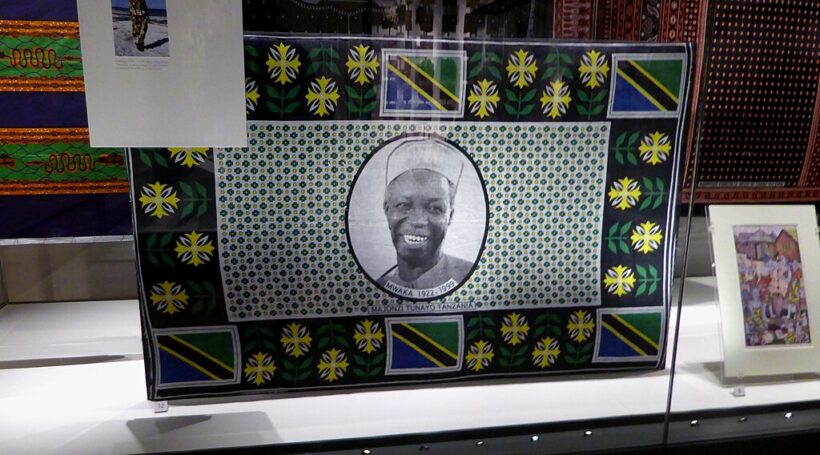Twenty-five years after his departure for immortality, Tanzania celebrates the life of its founding father, Mwalimu Julius Nyerere.
Julius Nyerere was a pivotal figure in Tanzania’s history, playing a key role in its independence and the building of the modern state. Born in 1922, Nyerere was one of the leaders who fought against British colonialism. In 1961, Tanzania (then known as Tanganyika) gained its independence, and Nyerere became its first president.
The central event of the commemoration took place at the CCM Kirumba stadium in the Mwanza region and was attended by President Samia Suluhu Hassan, originally from Zanzibar, who is the first woman president of the country.
The iconic Uhuru Torch Run (Swahili for freedom or independence) culminated there. ‘After the celebrations, the torch will be taken to Mount Kilimanjaro to commemorate its 60-year journey, which began on the summit of Africa’s highest mountain. This symbolic gesture underlines the role of the torch in promoting development and national unity over the past six decades,’ said President Samia.
She further explained that this year’s Uhuru Torch Run coincides with the anniversary of significant milestones, all of which celebrate 60 years, such as the Zanzibar Revolution and the Union between Tanganyika and Zanzibar, which gave birth to present-day Tanzania.
Indeed, one of Nyerere’s main contributions was the promotion of national unity and African identity over tribalism, emphasising the importance of solidarity between different ethnic groups. This is a key aspect of why, compared to other African countries, internal conflicts were mostly resolved peacefully.
Nyerere implemented during his rule the concept of ‘ujamaa’ (family) which advocated African socialism, seeking to create a more egalitarian society through collective farming and education. He also made great efforts to expand access to education and health care, achieving important advances in these sectors.
In terms of foreign policy, he was an important forerunner of the Non-Aligned Movement and supported liberation movements in Africa, positioning Tanzania as a leader in the struggle against colonialism on the continent.
Nyerere, after leading the country for 24 years, retired in 1985, but his influence lives on in Tanzanian politics and culture. His focus on self-determination and social justice remains relevant in today’s African context.






